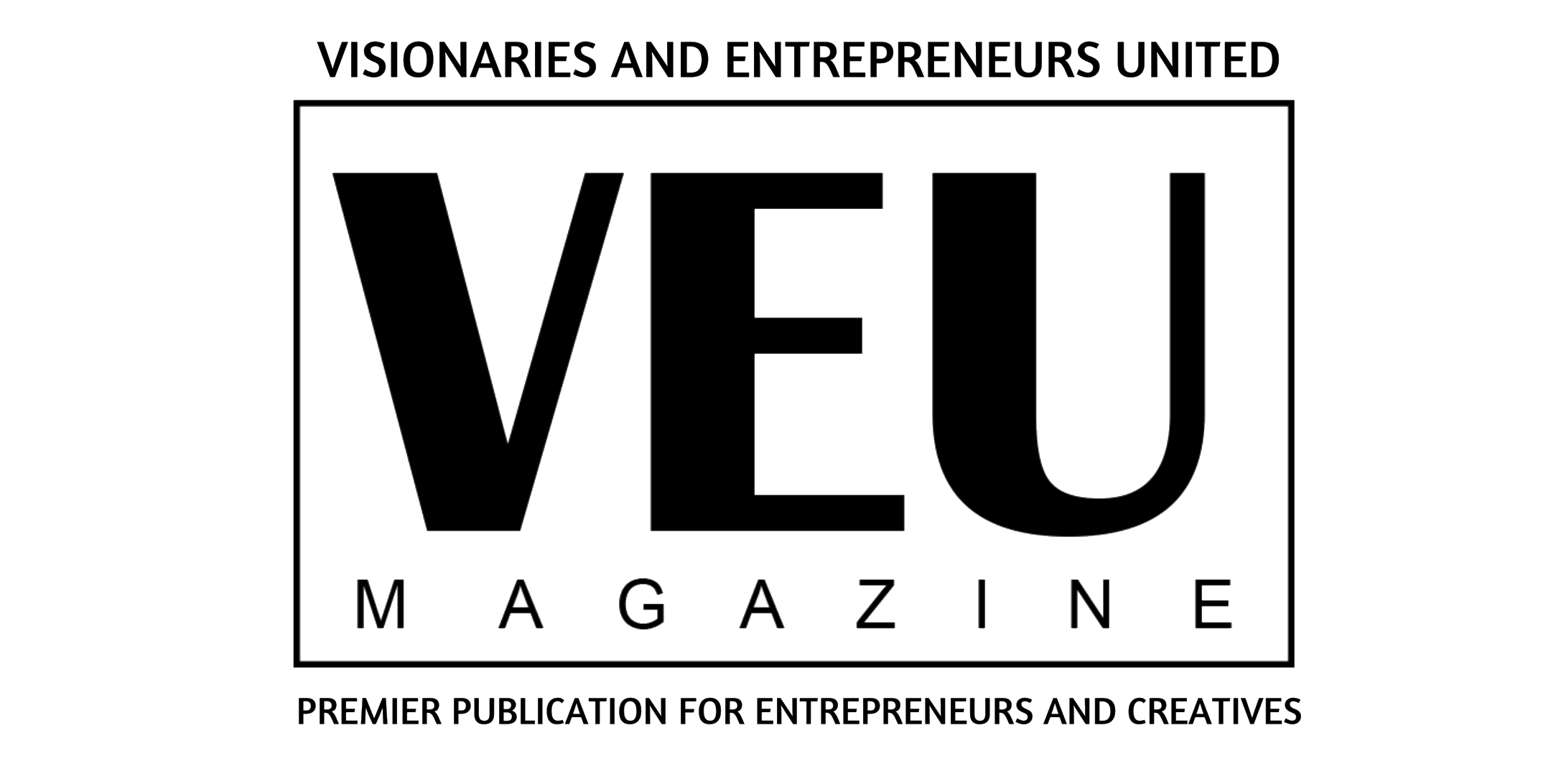Ethnic Diversity has stayed low on the executive level in this industry of tech. In the survey done by Trust Radius, only 21% of respondents have said that at least a quarter of their executives were people of color, whereas 67% said that it was less than only a quarter.
In comparison, 40% of the US population is non-white. The very few stats that are now available shows that the etch industry is a lot likely than average. But the stats tend to be based on silicon Valley data, and Silicon Valley is a lot less diverse than IT at large.
The discrimination and inadequate racial quality efforts continue:
As per the survey, people of color always face discrimination at work. Respondents reported a massive difference in discrimination at work based on their ethnicity. 43% of people of color have said they have faced issues of such sort, while only 16% of white said so.
Is the tech industry doing very little to support equality?
Respondents of the survey have said that the tech industry is doing very little to address racial inequality. It means that 67% wanted the tech industry to do a lot more, 18% said that the industry has been doing enough, while 15% have said that it is doing too much. People of color a more likely to say more work is now needed to address racial inequality.
It is also true in the fact that people of color struggle to find mentors. The survey has also found that non-white people find it harder to find a mentor than whites. Even Asians that are overrepresented in the industry saw it a lot more challenging to have mentors.
- Black: 63% found it harder
- Indigenous: 52%
- Latinx: 45%
- Asian: 41%
- White: 28%
Are our diversity programs the way out?
Even before the killings of blacks in 2020 by the police, US business that also includes the tech industry has known that its ranks did not reflect American society makeup. The issue starts quite early, with poverty constricting education opportunities, leading to fewer minorities with the right amount from the right schools and without the money to have internships. All of these are useful in making long-term professional connections. And as a result, the diversity programs have been here since the 1970s for women and ethnic minorities.
Smaller businesses might not have the budget for having a formal role or a group and might rely on HR to tackle such issues. Around 56% of the survey respondents say that their companies don’t have any executive or group focused on diversity and inclusion issues.
In the start, many black professionals might have the feeling that they are granted the job role only because they are colored. But it is also the fact that many people also face discrimination at work only because of the color of their skin. The job industry and the market are a lot more complex than they used to be because of ethnic differences.
And so does the tech flow along.

